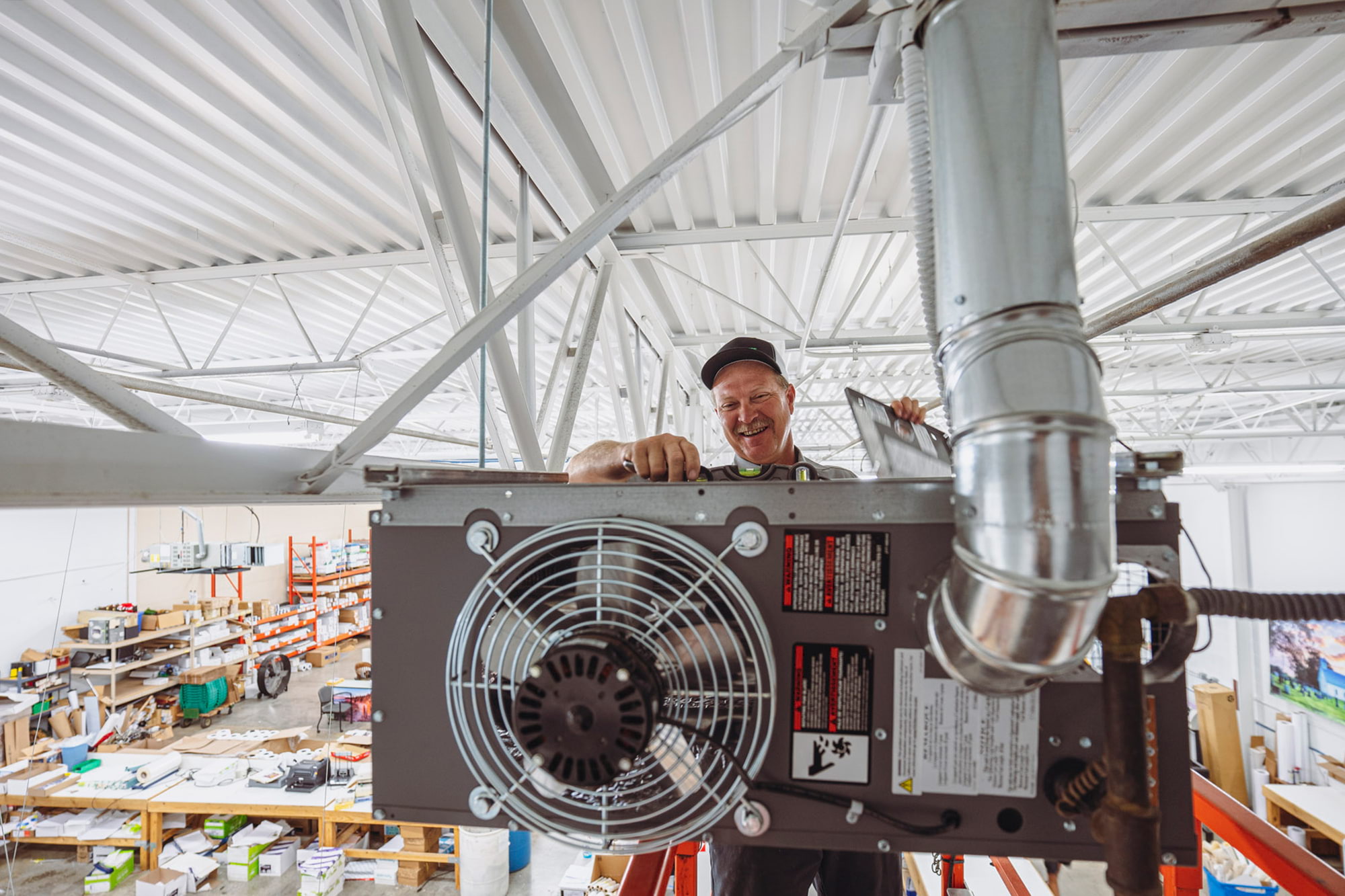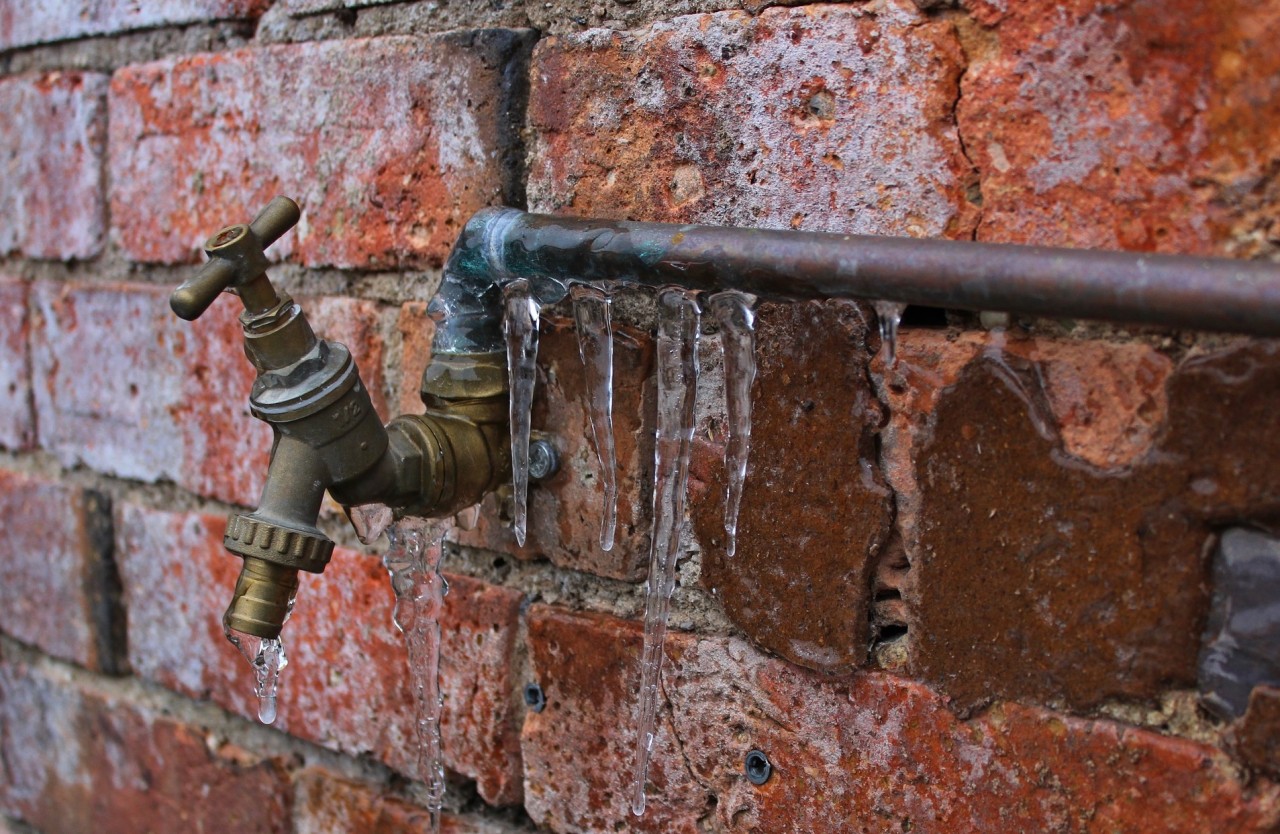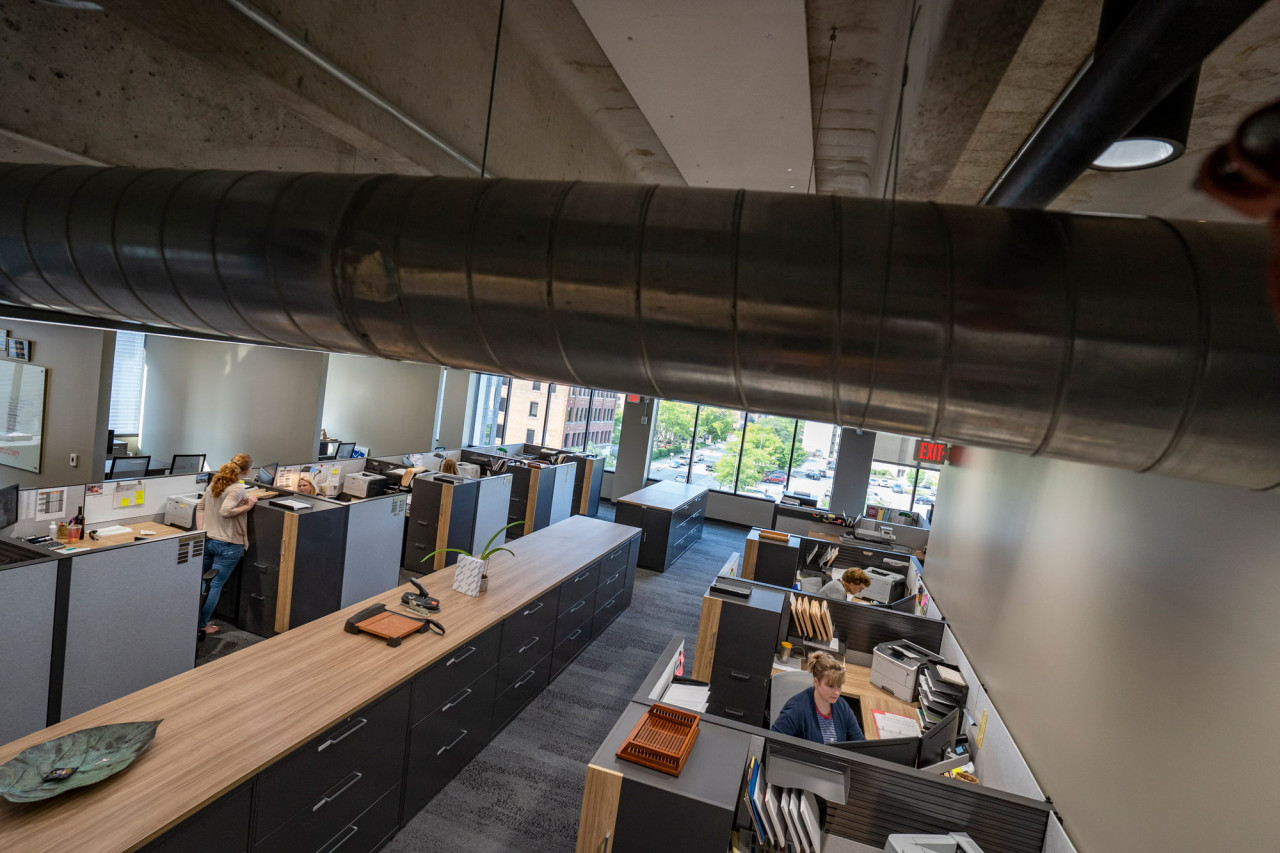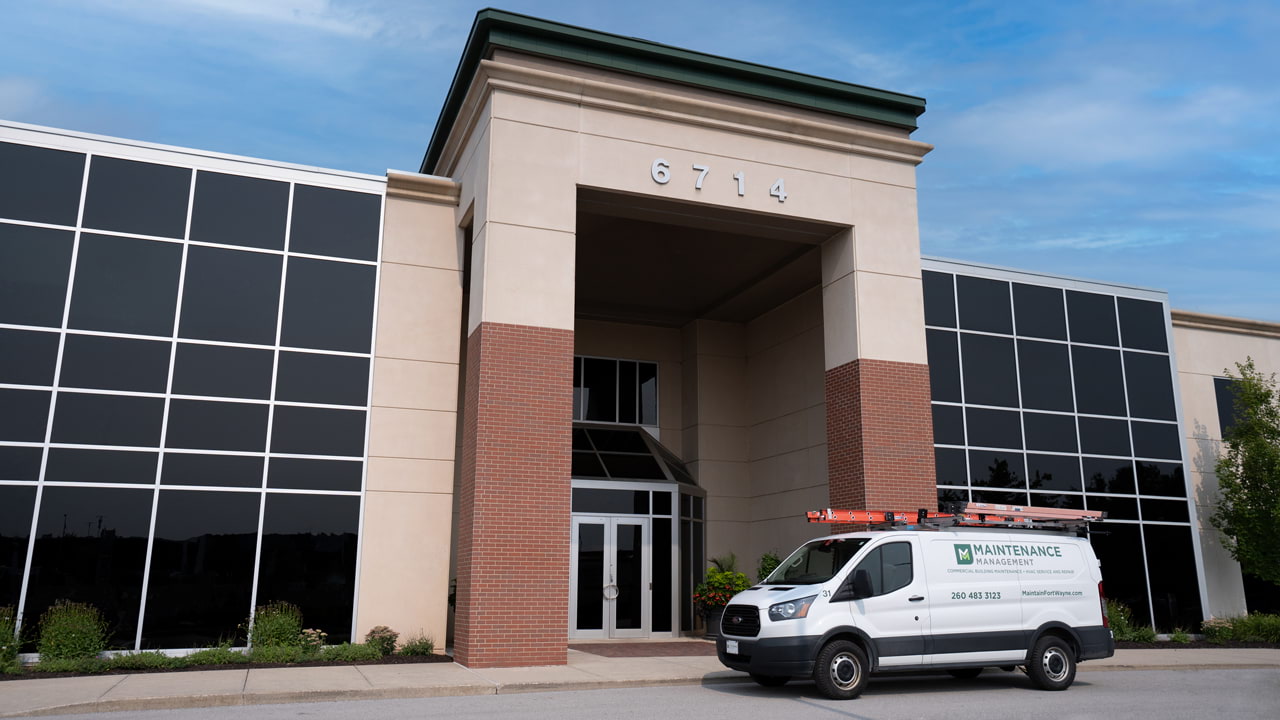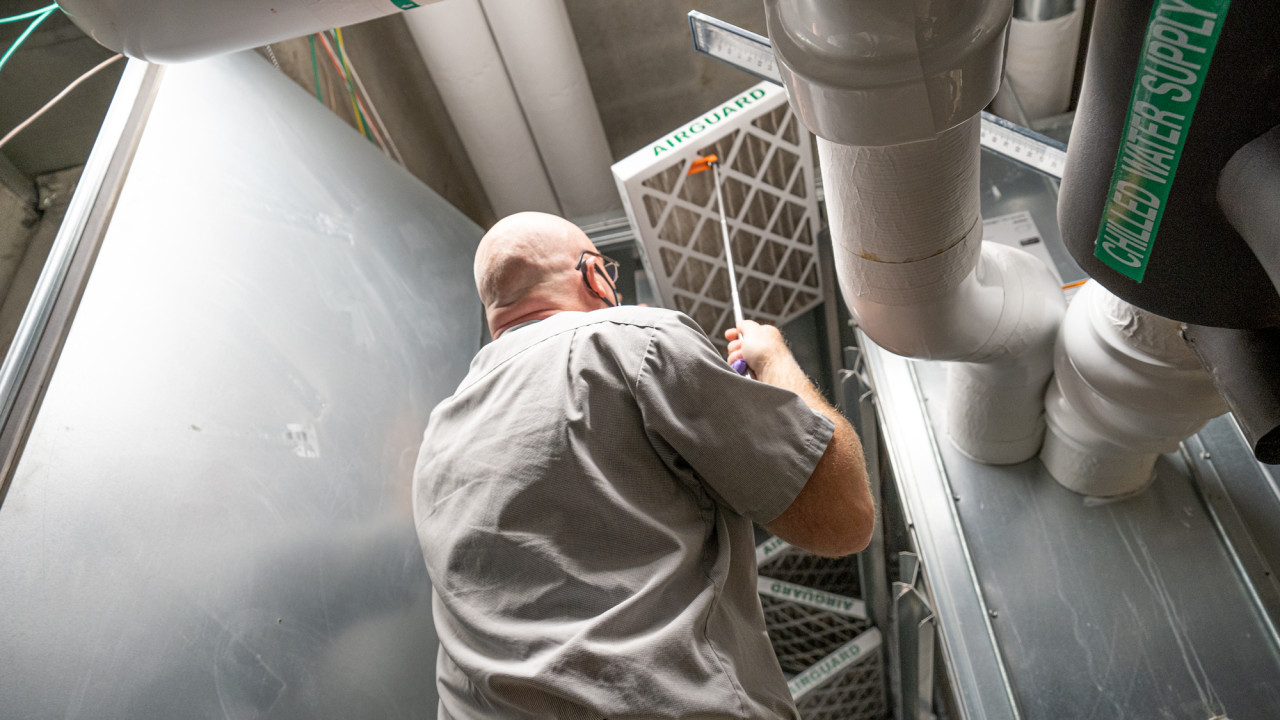One of the greatest feelings in the world is having someone thank you for your service after a job well done, and that feeling is definitely not excluded within the world of HVAC technicians. Sixty-eight percent of all energy use is related to HVAC systems, so it is a vital part of everyone’s lives. When something goes wrong, it will be up to you as the licensed HVAC technician to go in and save the day, and you will be met with joy that the problem has been fixed. Having an HVAC license does have its benefits, from giving you better job opportunities to allowing you more freedom within a specific job. The first step towards acquiring an HVAC license is receiving some level of education on the subject. There are many different types of certificates you can begin working towards, so make sure to explore your options. After receiving a certificate, you can be a mentee of a master HVAC technician so you can get some real-world experience. While having a mentor is not imperative, it can be incredibly vital to refining your craft. You should begin by looking at certification options, then mentorship options, and then finally licensure options, so you can begin working independently in the field as a licensed HVAC technician. It may also be a good idea to look into average base salaries, because HVAC technicians can make a good amount of money even when first starting out.
Research Certificate Options
First, you should research the different types of certificates you can receive involving your HVAC or HVAC/R education. For example, Ivy Tech Community College has several campuses across Indiana, and it offers two certificates in HVAC; one is a 21-credit certificate, and the other is a 31-credit certificate. Fortis College in Indianapolis offers an HVAC/R education, in which you can get an Associate of Applied Science (AAS) degree. Some of the skills you will learn during your educational career in HVAC are balancing, testing, retrofitting, and adjusting various types of HVAC systems, all skills that are imperative to have in this field. Also, if you would like to obtain a role in management of maintenance and HVAC systems, perhaps considering further undergraduate schooling is the right choice for you.
Find an Apprenticeship
After you have completed the right amount of education for you to become a licensed HVAC technician, you should try to find a master technician who can mentor you. This is a great chance for you to begin networking and building your skills with real-world experience. With a mentor, you will need about 2,000 hours committed to working by the guidance of a master HVAC technician, and you will also need about 144 hours of technical education, separate from your previous certificates or degrees. This mentorship can take around three to five years to complete all your hours with thorough training.
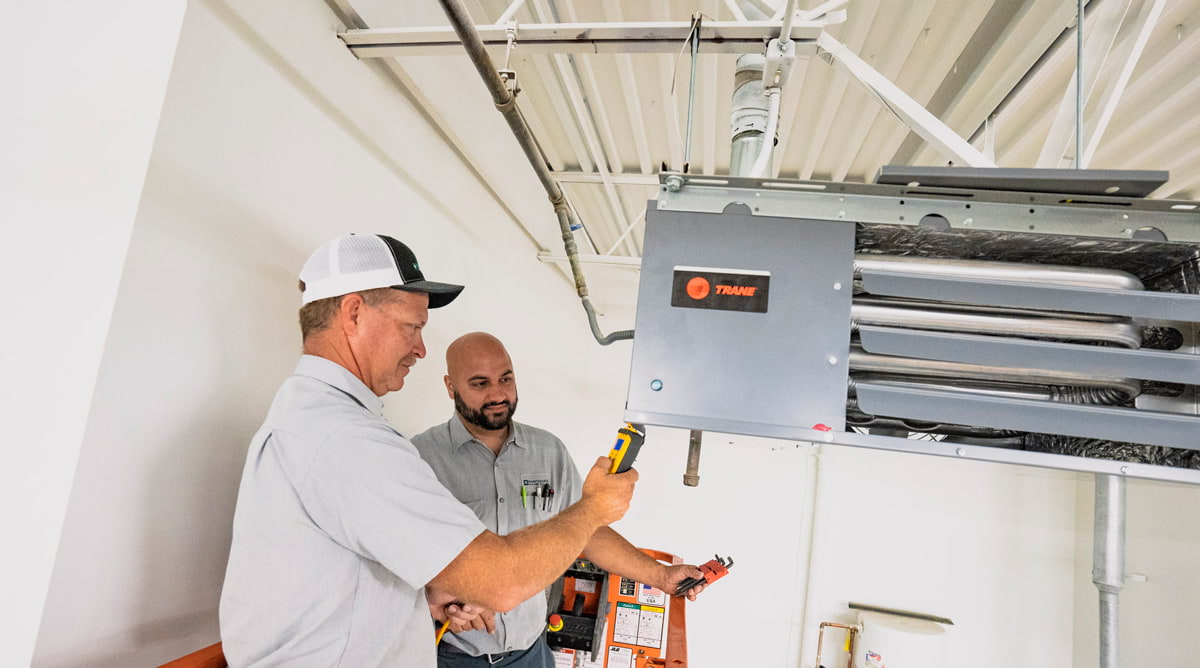
Obtain an HVAC License
At last, after a completed mentorship and educative journey, you can actually get out into the field and start working by yourself. Now, you are going to need a license. While you may have already received a certification for working with HVAC systems, it is not the same as a license. A certification proves knowledge, while a license proves your ability of action upon that knowledge. Indiana as a state does not uphold any HVAC licensing requirements, but it still does depend on specific areas for licensure prerequisites, so it is highly recommended to get an HVAC license anyway. The decision on getting an official license can also be influenced by what substances you work with. For example, an EPA Section 608 Certification is one of the only required certificates for HVAC technicians who work with any equipment that uses refrigerant. Beyond that, there are four different types of Section 608 certifications: Type I, Type II, Type III, and Universal.
- Type I certified workers can work on small appliances.
- Type II workers can work on high-pressure air conditioning and heating units.
- Type II workers can work with chiller units.
- Universal workers can work with any system and any refrigerant.
This certification is not necessarily supplied by a college directly, so look into a few organizations that offer many different types of certifications, such as North American Technical Excellence (NATE), or the National Inspection Testing and Certification Corporation (NITC), among many others. At Maintenance Management, some of our employees are licensed through the Air Conditioning Contractors of America (ACCA), but it is not imperative that you work with that organization if it does not fit your needs.
As mentioned earlier, Indiana does not have HVAC licensing requirements as a whole state, so there are no official levels of apprentice, journeyman, or master HVAC technician. However, if you want to work more specifically as an independent technician or start your own business, you do need to obtain licensure. To receive licensure in EPA Section 608, you will need to take a 100-question exam that needs to achieve a score of at least 70% or higher in order to pass. Keep in mind that this test costs $25 to $120, and an additional $6 if you need to retake the exam. Along with that, an HVAC Contractor license, though not required in Indiana but strongly recommended, costs $50. Depending on what part of Indiana you live in, you may also need an unrestricted air conditioning license, a refrigeration license, or a high-pressure steam license. As well as getting these licenses for local work, you may want to also consider getting a more specific license through a larger organization like NATE or ACCA. Through NATE, you can receive specialized licensing such as a core and specialty test, an HVAC Support Technician title, a Senior Level Efficiency Analyst title, or a Ready-to-Work certificate. All of these can help you find a job in the specific field you want more quickly.
HVAC Technician Salary
The starting wages for HVAC technicians are fairly high, and job openings are available throughout the state of Indiana. According to the U.S. Bureau of Labor Statistics, the mean hourly wage for a Heating, Air Conditioning, and Refrigeration Mechanic and Installer is $25.68 across the United States, as of May 2020. That is over 50,000 dollars a year! There is also a high demand for HVAC workers in Indiana. Between 2018 and 2028 there is expected to be a 13 percent rise in HVAC job openings in the United States. It is definitely not a dead end for you to pursue this career further.
In short, to become a licensed HVAC technician, you need some sort of education, a mentor, and a few different certifications. The path to become licensed in HVAC is different for everybody, so it is important to find the path best fit for you, not necessarily the path most traveled.
If you're studying to get your HVAC or HVAC/R certificate, we want to hear from you! We're always looking for passionate individuals to join our team of industry professionals.
